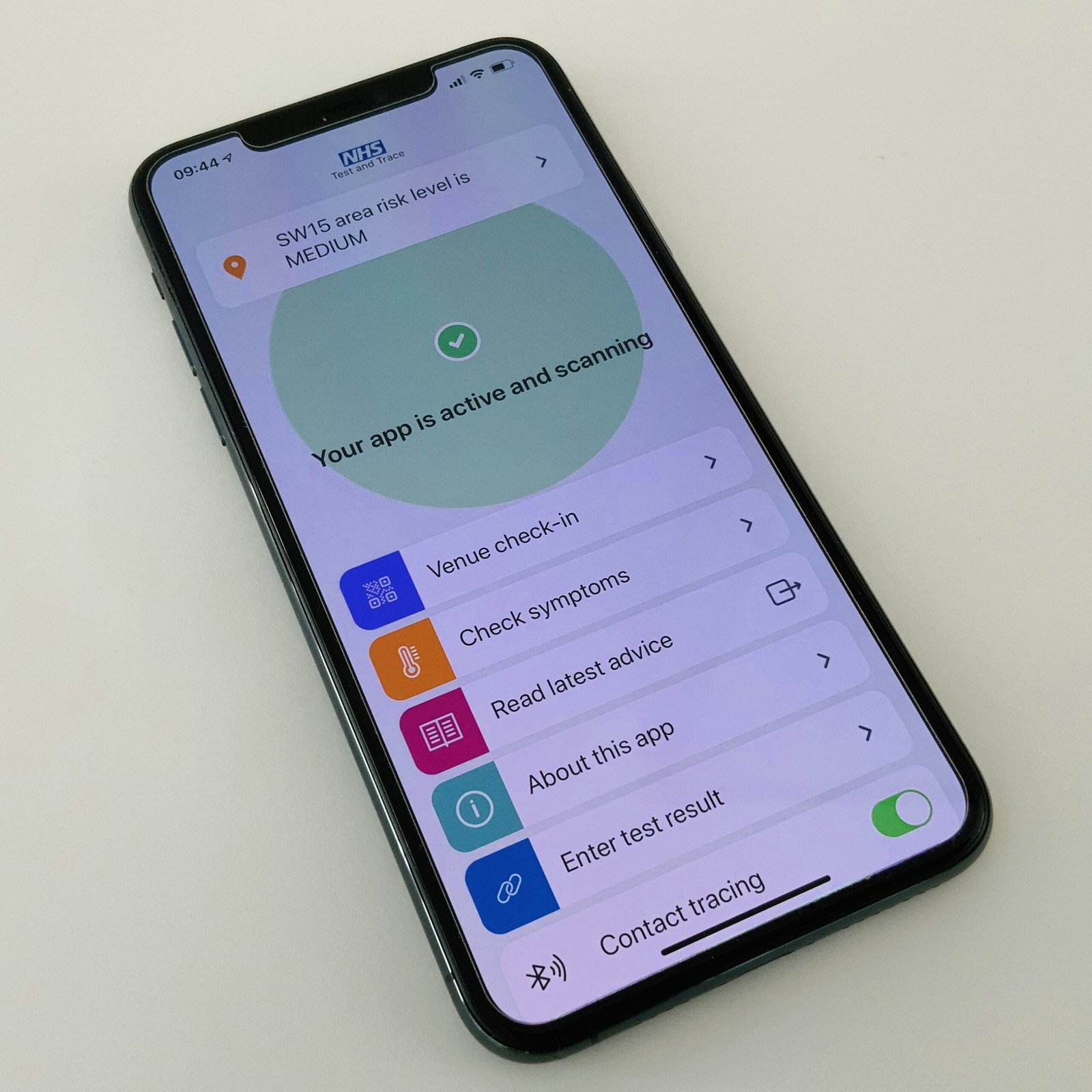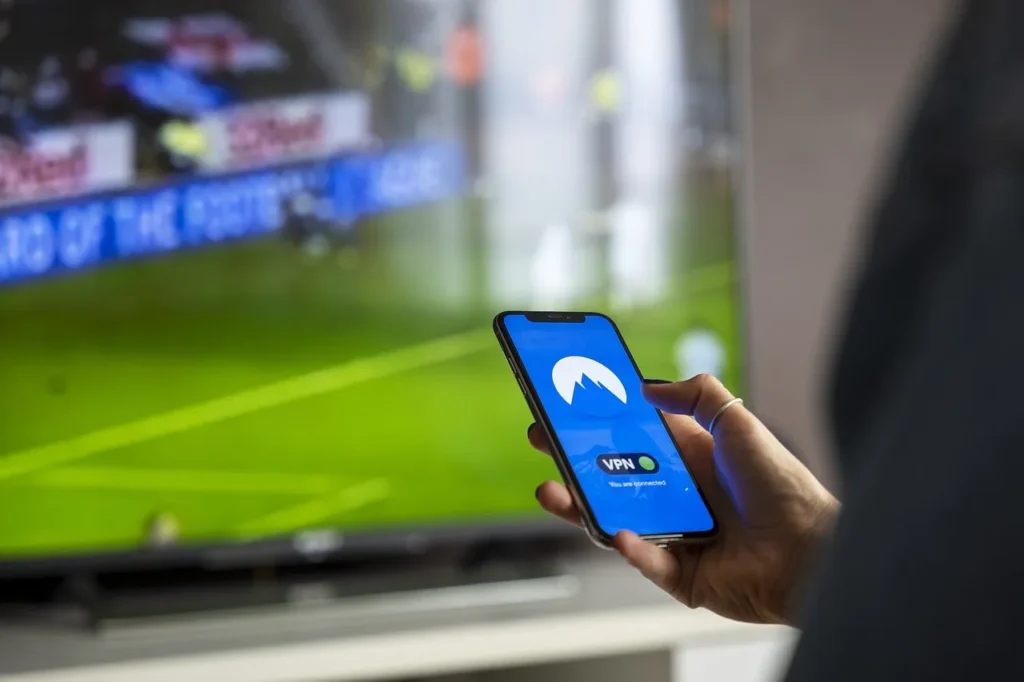Have you ever wondered whether there are times when using a VPN might not be the best choice for you?
Using a VPN can offer numerous benefits, from enhanced security to maintaining online privacy. However, there are specific scenarios where using a VPN may not be advisable. Understanding these situations can help you make a more informed decision about when to connect to your VPN and when to reconsider.

Understanding VPNs
Before getting into the instances where you might opt not to use a VPN, it’s essential to grasp what a VPN actually does and how it functions. A VPN, or Virtual Private Network, creates a secure connection between your device and the internet. It typically encrypts your internet traffic, making it more difficult for third parties to monitor your online activities.
The Benefits of Using a VPN
VPNs are widely recognized for their ability to enhance security and privacy when browsing the web. Here are a few advantages:
- Privacy: They mask your IP address, which helps protect your identity.
- Security: They encrypt your data, making it harder for hackers to intercept your information.
- Access to Restricted Content: VPNs allow you to bypass geographical content restrictions, enabling you to watch shows or access websites that may not be available in your location.
However, despite these benefits, there are certain instances where you may want to consider not using a VPN. Let’s discuss those situations in detail.
When You Shouldn’t Use a VPN
1. When You Are Using a Trusted Network
Sometimes, you may find yourself within a trusted network, like your home network or a workplace Wi-Fi. In such cases, using a VPN might not be necessary.
Why? When you’re connected to a secure, familiar network, you may already enjoy a level of privacy and security without the extra layer a VPN provides. For example, if you’re streaming a movie on your smart TV connected to your home Wi-Fi, running a VPN may slow down your connection unnecessarily.
2. When You Experience Slower Speeds
Another consideration is when you notice a significant drop in your internet speed upon connecting to a VPN. While it’s true that many VPNs strive to provide high-speed connections, sometimes, the encryption process or server distance can lead to slower performance.
What to Consider: If you primarily need to stream content, play games, or download large files, and your VPN slows your speed to an annoying degree, it might be better to disconnect. Just don’t forget to ensure you’re safe and secure in other ways.
3. For Online Banking or Shopping
When it comes to online banking or making purchases, security is paramount. In many cases, using a VPN might not be the best option. Some banks and financial institutions recognize VPN connections and may temporarily lock you out due to perceived suspicious activity.
Why This Happens
- Location Conflicts: If you’re using a VPN to connect to another country, or even a different state, your bank might flag that access as unusual and restrict your account for security reasons.
- Speed Issues: Having a secure connection is essential, but if your VPN slows down processing times, it can cause frustration during transactions.
In these cases, sticking with a direct connection can often smooth your experience and help you avoid getting locked out.
4. When Using Public Wi-Fi
While it may seem counterintuitive, there are instances when using a VPN on public Wi-Fi could lead to complications. Public networks are often riddled with restrictions, like bandwidth limits or blocked websites.
Connectivity Issues: These restrictions might hinder your VPN connection, causing you to constantly disconnect or struggle with slower speeds.
If you’re in a situation where you need to access the internet quickly and efficiently without being bogged down by a VPN’s limitations, it may not be the ideal time to connect.
5. If You’re Trying to Access Local Content
Are you traveling and hoping to access content that’s only available in the area? In this case, using a VPN might actually be counterproductive.
Reason: By routing your connection through a server located in a different country, you could find yourself unable to access local content, such as regional news, government services, or even streaming platforms that are geographically restricted.
In these situations, disconnecting your VPN could provide a more seamless experience while you’re away from home.

Potential Dangers of Using a VPN
While using a VPN can offer numerous benefits, it’s equally essential to recognize potential hazards. This awareness can help you better understand when to avoid utilizing a VPN.
1. Trustworthiness of the VPN Service
Not all VPN providers are created equal. Some may claim to offer robust security features but might possess vulnerabilities that can put your data at risk.
Recommendation: Always choose a reputable VPN provider, and do thorough research before subscribing. If you’re unsure, it’s better to forgo the service altogether.
2. Data Logging Policies
Some VPNs have data logging policies that contradict the promises of privacy and anonymity. If a provider keeps logs of your online activity, your information might still be at risk.
Best Practice: Read through the terms of service and privacy policy carefully. If it appears that a VPN service collects and stores your information, it’s wise to look elsewhere.

Understanding Your Needs
1. Assessing Your Online Activities
Your choice to use or not use a VPN comes down to your specific online habits. If you frequently use the internet for sensitive activities like online banking, a VPN is often beneficial. However, if your browsing behavior is mostly casual and doesn’t involve sensitive data, utilizing a VPN may not always be necessary.
2. Geographic Considerations
Your geographical location also plays a significant role in determining whether to use a VPN. Different countries have varying levels of internet censorship and surveillance. In countries with strict regulations, using a VPN is often necessary to ensure privacy. However, in nations with loose restrictions, it might not be essential.
3. The Type of Content You Consume
As discussed earlier, if you consume a lot of content restricted to a certain geographical area, you may need to use a VPN. On the flip side, if the content is local and readily accessible, a VPN might just complicate things.

Alternatives to Using a VPN
If you find that using a VPN isn’t beneficial in certain situations, consider these alternatives for enhancing your online security and privacy.
1. Use of Proxy Servers
Proxy servers can act as intermediaries between your device and the internet. They can mask your IP address and help you access blocked content without needing a full-fledged VPN service.
Drawback: However, proxies often lack the encryption that a VPN provides, so they aren’t as secure.
2. Secure Browsers
Using secure browsers, like Brave or Firefox with privacy-oriented add-ons, can help enhance your online security. These browsers offer built-in features designed to protect your privacy without needing a VPN.
3. Encrypted Communication Tools
If you’re concerned about the privacy of your communications, consider using encrypted messaging apps, like Signal or WhatsApp. These platforms encrypt your messages, providing an additional layer of security.

Conclusion
The decision to use a VPN depends on your unique needs and circumstances. While VPNs are valuable tools for enhancing privacy and security, they aren’t always the right choice in every situation. By understanding when not to use a VPN, you can enjoy a more effective and satisfactory online experience.
So, the next time you get tempted to connect to a VPN, take a moment to consider your browsing environment, the type of content you’re accessing, and whether you truly need the extra layer of security. By aligning your needs with your actions, you’ll navigate the online world more confidently.
Should you ever wonder if a VPN is the right choice, remember to weigh the pros and cons for each situation. Your knowledge is your power—use it wisely!



